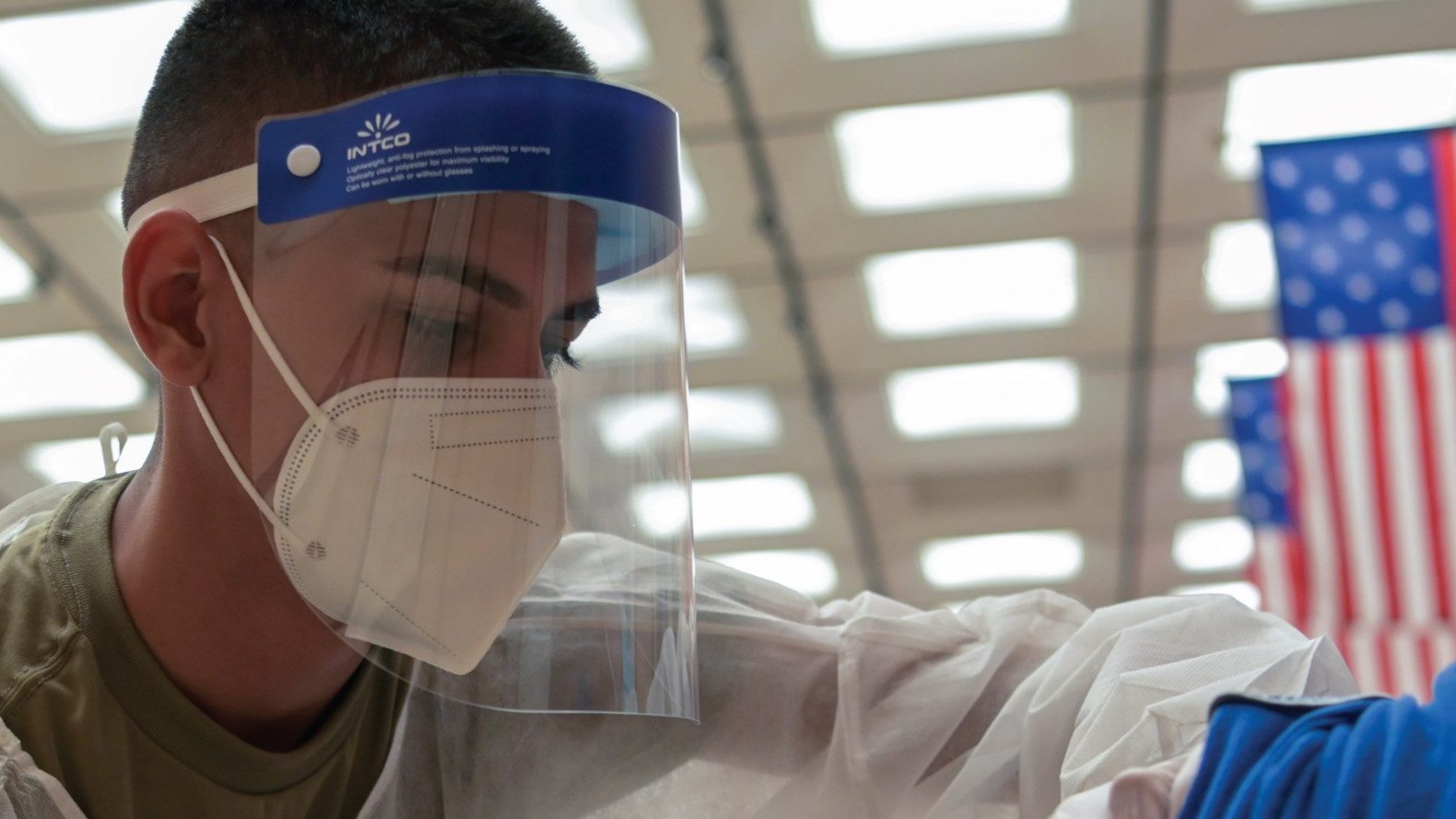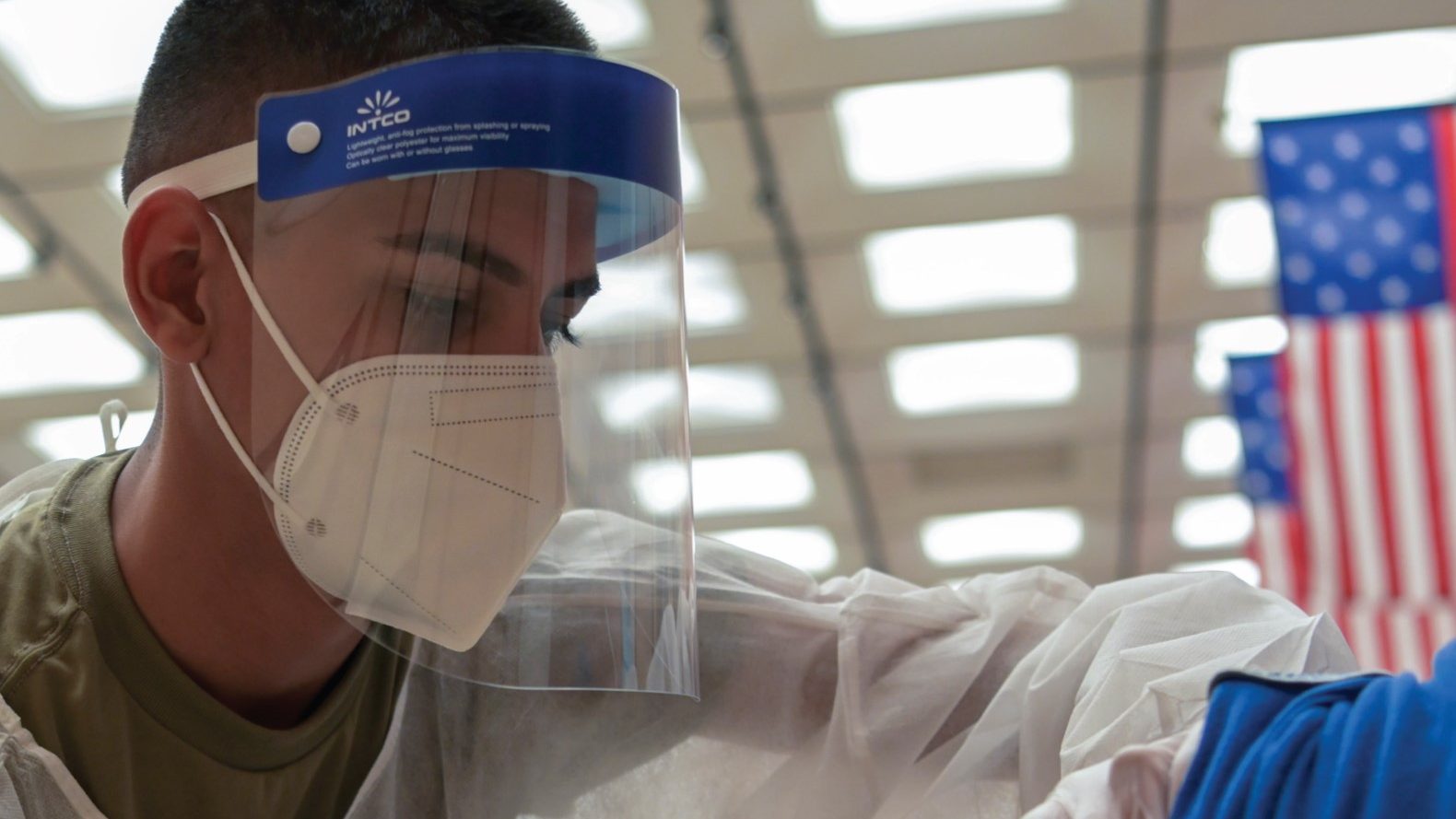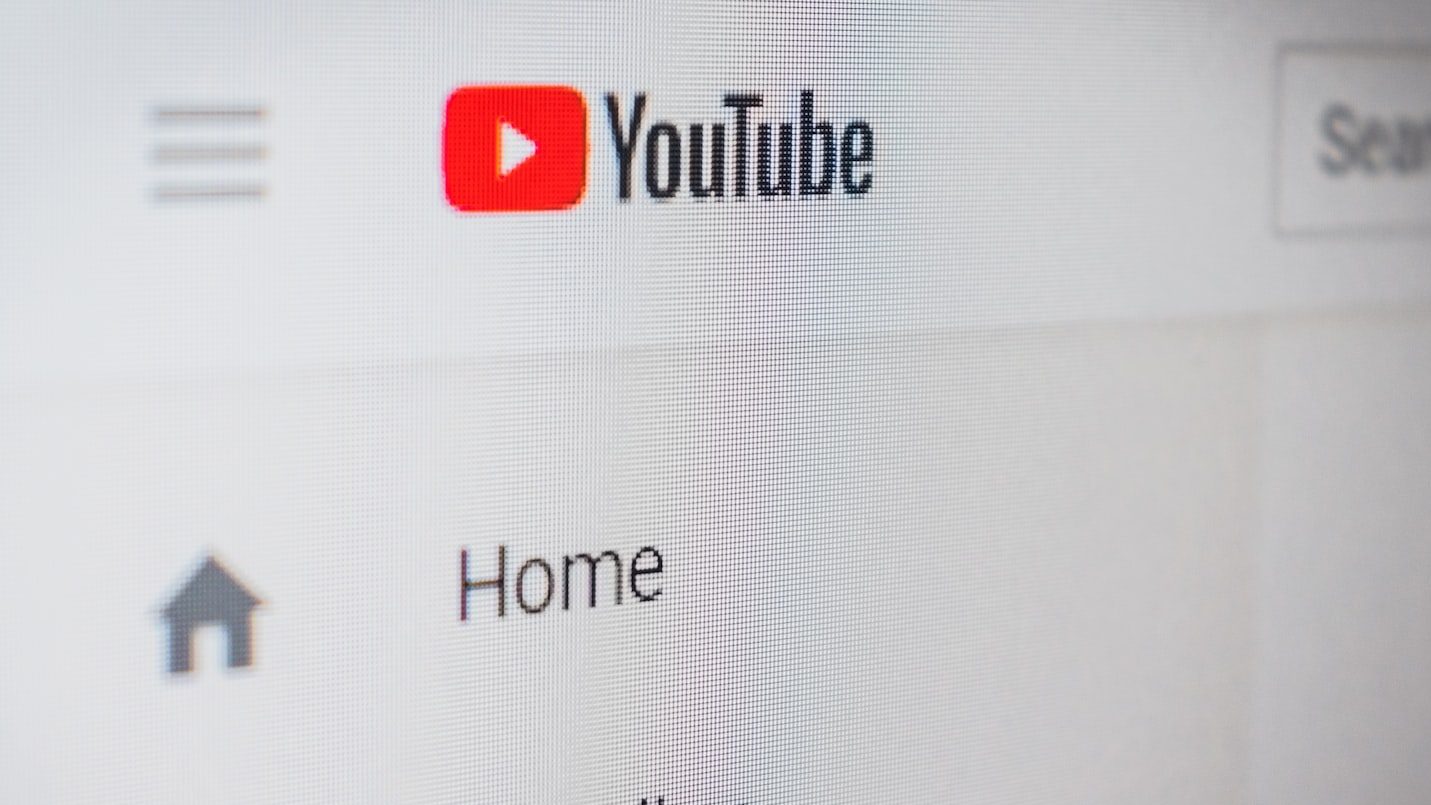Overview
The Centre for Strategic and International Studies (CSIS)-London School of Hygiene & Tropical Medicine (LSHTM) High-Level Panel on Vaccine Confidence and Misinformation was convened jointly by the CSIS Global Health Policy Center (GHPC) and the Vaccine Confidence Project in 2020, with the goal of assessing the implications of misinformation and vaccine confidence for U.S. national security within the COVID-19 context.
Working through the spring of 2021, the CSIS-LSHTM High-Level Panel on Vaccine Confidence and Misinformation analysed the diverse forms of vaccine hesitancy in the United States and their links to international phenomena. They also identified the roles social media and misinformation play in driving hesitancy and acceptance trends; examined the ways in which vaccine hesitancy and misinformation undermine national security; and articulated practical policy recommendations for managing misinformation related to demand for, and uptake of, vaccines, with an emphasis on a Covid-19 vaccine once one is available.
Figure 1
Source: Larson, HJ; Morrison, JS; Bliss, KE. Why Vaccine Confidence Matters to National Security: A Report of the LSHTM-CSIS High-Level Panel on Vaccine Confidence and Misinformation. 2021.
Methodology and findings
In May 2021, the Panel published a report – the culmination of a year’s worth of consultations with a bipartisan and international group of 25 experts from public health, cybersecurity, public opinion research, and communications.
The experts focused on two key questions:
- In what ways do vaccine hesitancy and misinformation impact national security?
- What are the concrete, feasible steps that the U.S. government, Congress, social media, industry, advocates, and community leaders should stand behind to improve Americans’ health and security?
“We need to look for trusted leaders in communities, train them up, and allow them to deliver the message. That really has been shown, in many settings, to be an effective way to get a public health message out. It is not an external person coming into a community to tell you what you need to do. It is someone who already has a level of trust, arming them with the information and data and letting them deliver that information and data in the language and the methods that work within those communities.”
Congressman Ami Bera (D-CA-07). Source: Why Vaccine Confidence Matters to National Security: A Report of the CSIS-LSHTM High-Level panel on Vaccine Confidence and Misinformation
In their report, the panel argues that vaccine confidence is essential to mitigating the Covid-19 pandemic and ensuring national security, and recommends bolstering confidence-building efforts in five critical areas:
- Innovations in reaching diverse and underserved populations with vaccines delivered in the context of health and social services;
- Pledges and actions by mainstream and digital media platforms to stop the spread of misinformation and to collaborate with health providers and the scientific community to increase the availability of accurate content;
- Increased engagement by key social and economic sectors to empower people to make informed choices about Covid-19 vaccines;
- Greater executive branch coordination and action beyond the emergency.
- Increased U.S. support for global immunisation partners.
The panel was co-chaired by J. Stephen Morrison, Senior Vice President and GHPC Director, and Heidi J. Larson, Professor of Anthropology, Risk, and Decision Science, and Director, Vaccine Confidence Project at the London School of Hygiene & Tropical Medicine. The panel’s secretariat was based at GHPC and is headed by Katherine E. Bliss, Project Director and GHPC Senior Fellow, and Michaela Simoneau, GHPC Program Manager.
The panel’s work is supported by a grant from the Robert Wood Johnson Foundation. The views expressed here do not necessarily reflect the views of the foundation.



